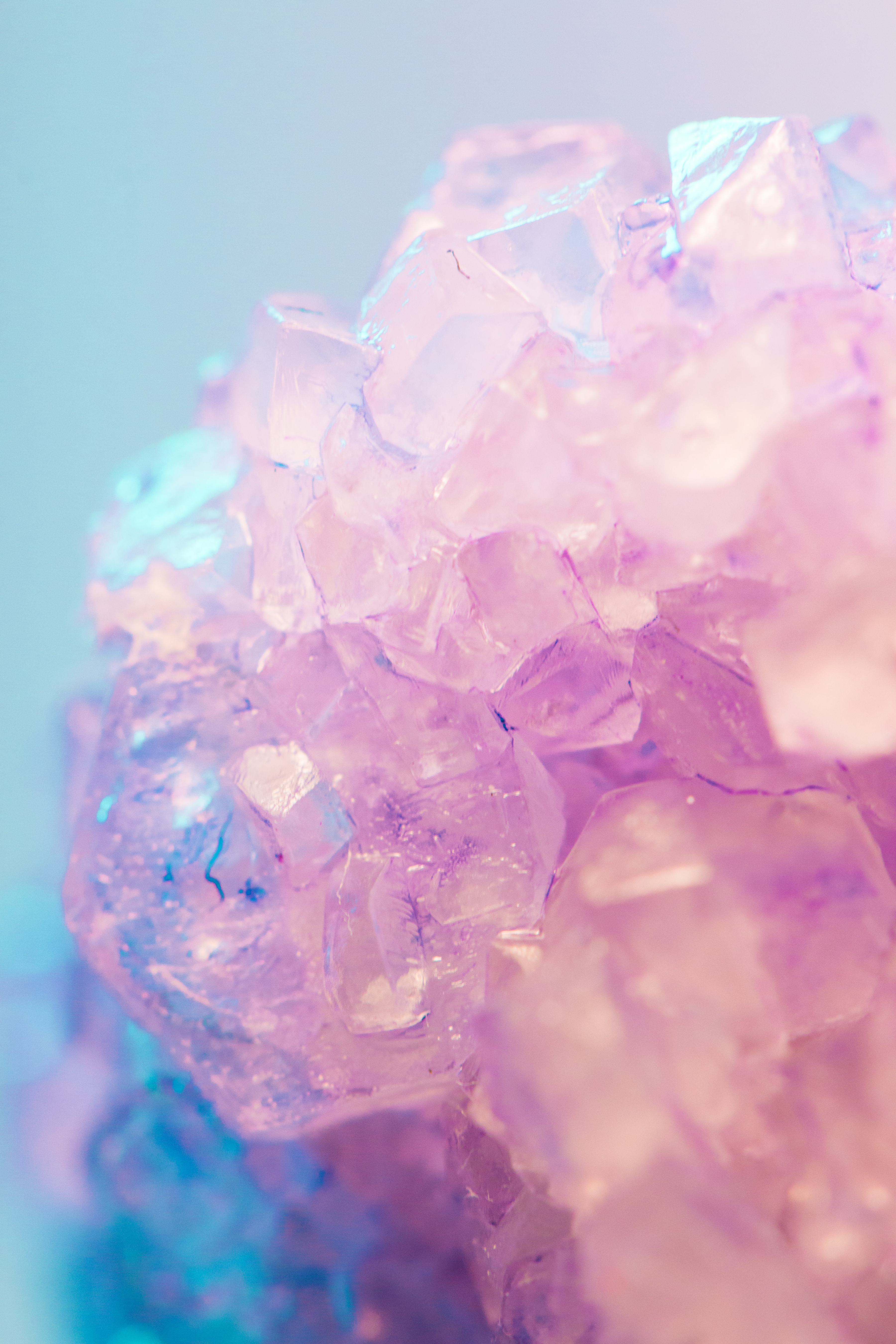
5 Amazing Benefits of Salt for Your Body
Salt has been given a bad reputation over the last few decades. Many people believe that salt is unhealthy and should be avoided, or at least consumed in small amounts. Salt has been blamed for high blood pressure, also known as hypertension, and other health conditions related to the condition. However, salt is an essential mineral that plays a key role in your body’s processes. In addition to maintaining the proper balance of water in your body and aiding in the digestion of proteins and fats, salt also helps keep you hydrated by stimulating thirst so you drink more water. It also boosts your immunity by increasing levels of immunoglobulin A (IgA), which fights off infections. In this article, we explain five amazing benefits of salt for your body.
Salt helps to maintain normal blood pressure
High blood pressure is a risk factor for heart disease. Studies show that reducing dietary sodium from the recommended levels to low levels reduces blood pressure in many people. However, blood pressure is a complex physiological process, and there are many contributing factors. In fact, one study of 6,000 people found that the difference in blood pressure reduction between the low-sodium group and the control group was only about 2 points on average, which is a negligible difference. Additionally, the long-term effects of reducing sodium intake are not fully understood. A study examined people who had high blood pressure at the beginning of the study and were put on a low-sodium diet. After 10 years, the reduction in blood pressure of these participants did not differ from the reduction in blood pressure of participants who did not follow a low-sodium diet.
Salt aids in digestion
Salt aids in the digestion of proteins and fats by increasing the amount of hydrochloric acid in the stomach. Hydrochloric acid helps break down proteins in your stomach. When you have a sufficient amount of hydrochloric acid, your gastric emptying time is shorter, which means that food travels through your stomach and into your small intestine more quickly. This is beneficial because it helps you absorb more nutrients from your food. Your pancreas produces an enzyme called protease that breaks down proteins into smaller amino acids. Protease is activated by hydrochloric acid in the stomach. When there is sufficient hydrochloric acid in your stomach, you will produce higher levels of protease. This will help you digest more proteins and absorb more nutrients from your food.
Salt is an anti-inflammatory
The recommended daily intake of salt is 2,300 milligrams per day for a healthy person over the age of 19 years. It can be difficult to meet your daily sodium requirements if you follow a plant-based diet because plant foods are naturally low in sodium. In addition to helping to regulate the amount of water in your body and aiding in digestion, salt has anti-inflammatory properties, which can help ease joint pain caused by inflammation. Salt is also an important source of iodine, which is essential for normal thyroid function. The thyroid gland is responsible for producing hormones that control your metabolism and growth.
Salt can help boost immunity
Your immune system is responsible for defending your body against infections. It does this by releasing antibodies, or immunoglobulin A (IgA), which are specific antibodies that attack bacteria and viruses. Studies have shown that people who consume large amounts of salt have higher levels of IgA than people who consume a low-salt diet. Therefore, salt can help boost your immunity and keep you healthy.
Salt can improve athletic performance
Studies have shown that endurance athletes who consume extra sodium while training actually perform better and finish the race faster. Athletes who consume extra sodium often have better results than athletes who consume a low-sodium diet. With sufficient sodium in your body, your muscles function better and can contract more forcefully. This enables you to perform better in sports and exercise.
Conclusion
Salt has been given a bad reputation over the last few decades. Many people believe that salt is unhealthy and should be avoided, or at least consumed in small amounts. However, salt is an essential mineral that plays a key role in your body’s processes. In addition to maintaining the proper balance of water in your body and aiding in the digestion of proteins and fats, salt also helps keep you hydrated by stimulating thirst so you drink more water. It also boosts your immunity by increasing levels of immunoglobulin A (IgA), which fights off infections. In addition to the health benefits of salt, it is also an economical and accessible way to season your food. From savory to sweet dishes, salt can enhance the flavors in your food.